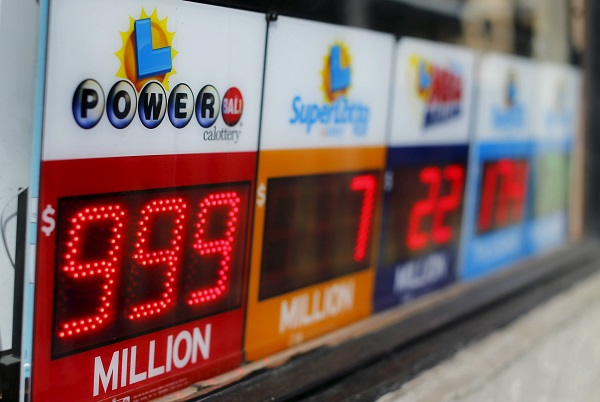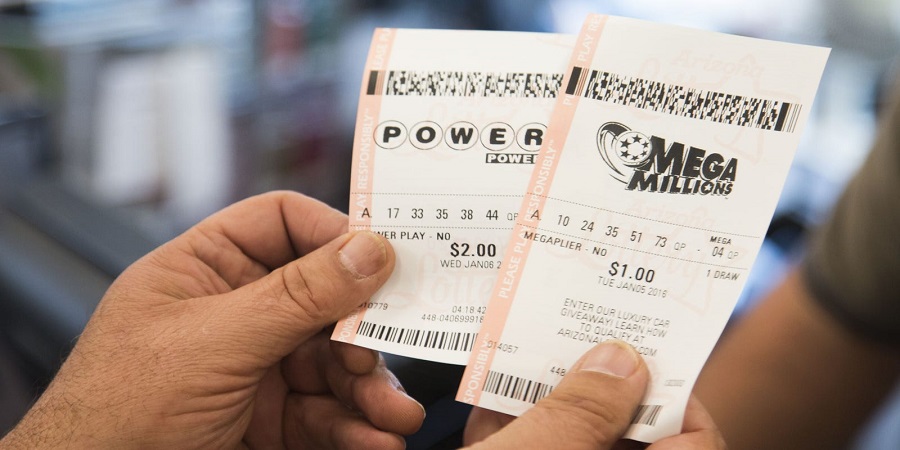
Dispelling the Top 5 Myths About the Lottery
The lottery, a source of hope and excitement for many, is often shrouded in myths and misconceptions. These myths not only mislead but also shape how people perceive the chances of winning. This article aims to dispel the top five lottery myths, providing a clearer understanding of what the lottery truly entails. By debunking these myths, we offer a realistic perspective on the lottery, helping players make informed decisions and enjoy the game responsibly.
Myth 1: Playing the Same Numbers Increases Your Chances
Many believe that playing the same set of numbers for every draw increases their chances of winning. However, lottery draws are completely random, and each draw is an independent event. Therefore, whether you play the same numbers or change them each time, your odds of winning remain the same.
Myth 2: Certain Numbers are Luckier
Another common myth is that certain numbers, such as birthdays or anniversaries, are luckier. While these numbers may hold personal significance, they have no bearing on the likelihood of being drawn. In fact, relying solely on ‘lucky numbers’ can limit the range of numbers you play, reducing your chance of winning a jackpot.
Myth 3: You’re More Likely to Get Struck by Lightning Than Win the Lottery
This dramatic comparison is often cited to illustrate the improbability of winning the lottery. While the odds of winning a jackpot are indeed slim, they are not as astronomically low as being struck by lightning. Moreover, the lottery offers various prizes, not just the jackpot, increasing the overall chances of winning something.

Myth 4: Big Jackpots are Harder to Win
Some believe that larger jackpots are harder to win. In reality, the size of the jackpot does not affect the odds of winning. The odds are determined by the game’s mechanics, not the prize amount.
Myth 5: Past Draws Influence Future Results
A common misconception is that analyzing past draws can predict future results. However, since each draw is independent and random, previous results have no impact on future draws. Attempting to predict the lottery based on past draws is therefore futile.
Conclusion: The Reality of the Lottery
In conclusion, understanding the reality behind these lottery myths is crucial for players. The lottery should be played for entertainment, not as a financial strategy. By demystifying these common beliefs, we hope to promote a more realistic and responsible approach to lottery participation.
